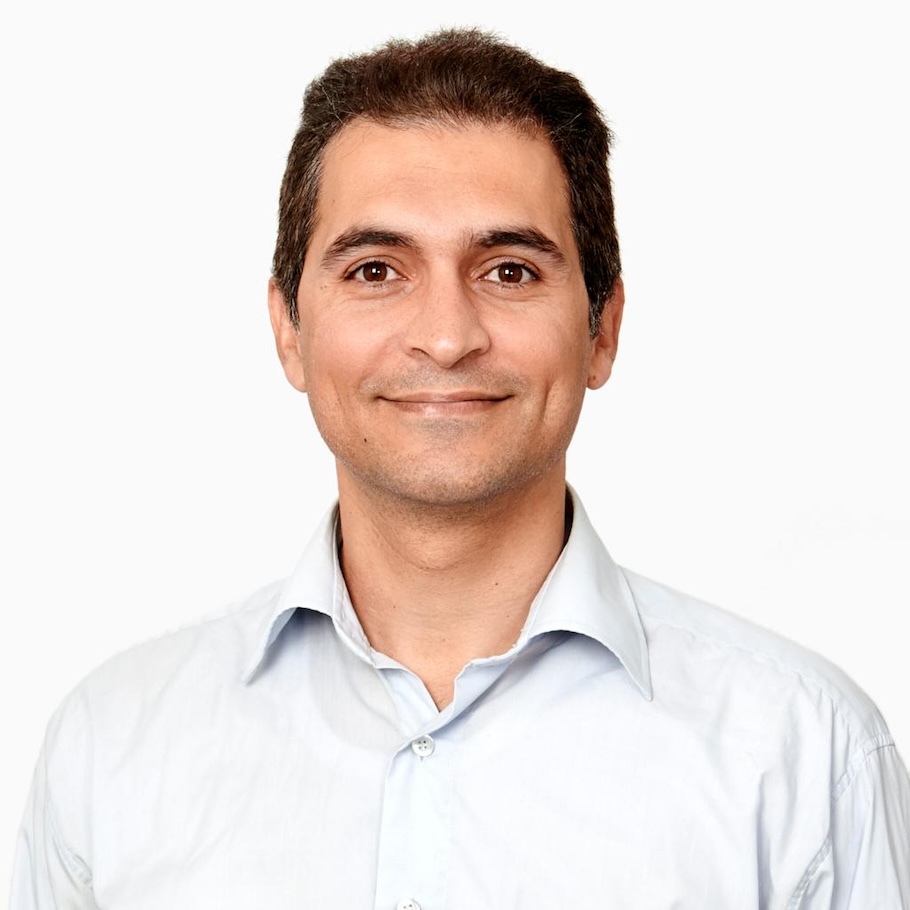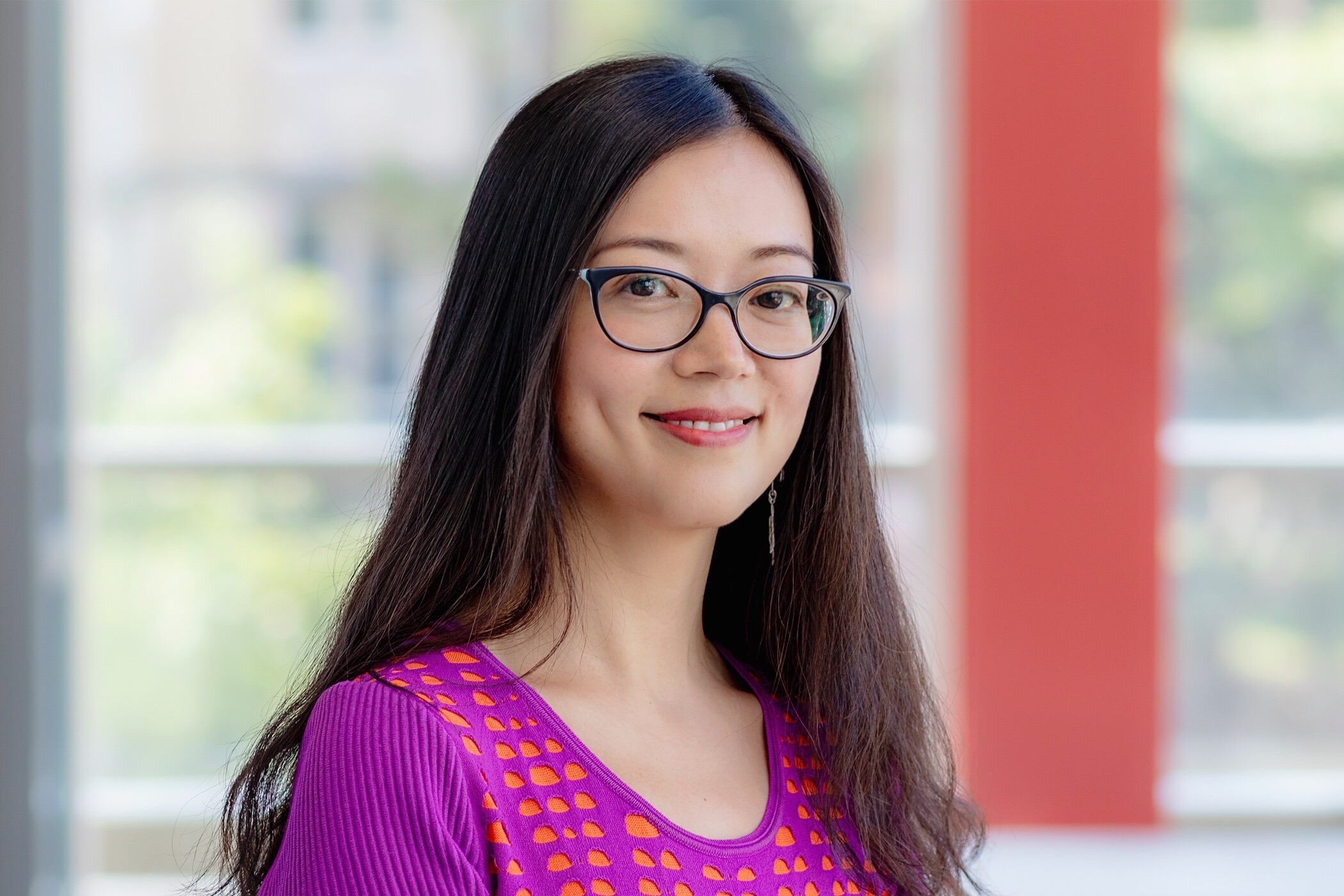Keynote
The following speakers have graciously agreed to give keynotes at ALTA 2023.
Speaker: Reza Haffari

Towards Effective NLP Systems: Cultural Norms, Explainability, and Reasoning Enhancement
Abstract
Effective real-world NLP systems need to be trustworthy and take users’ contexts into account. As such, they need to recognise and adhere to cultural norms, be able to explain their outcomes, and be capable of complex reasoning with certified knowledge. In this talk, we describe our research towards these goals. First, we discuss the challenges of adhering to socio-cultural norms in cross-cultural and multilingual communications. We present our work on assistive dialogue systems that can identify and address norm violations. Second, we highlight the importance of explaining the outcomes of NLP models while considering the user context. We present methods for generating fast, high-quality, and context-aware explanations. Finally, we look into the limitations of large language models (LLMs) in knowledge hallucination and complex reasoning. We propose a systematic approach to assess LLMs’ knowledge using knowledge graphs and enhance their complex reasoning capabilities for improved accuracy and trustworthiness.
Bio
Gholamreza (Reza) Haffari is a Professor in the Department of Data Science and Artificial Intelligence (DSAI), Monash University, Australia. He is an Australian Research Council (ARC) Future Fellow and the Director of the Vision and Language Group. Reza’s research has been supported by awards and grants from government and industry, including ARC, Google Research, Amazon Research, eBay Research, and Adobe Research. His research is in the intersection of Natural Language Processing, Deep Learning, and Machine Learning.
Speaker: Heng Ji

SmartBook: An AI Prophetess for Disaster Reporting and Forecasting
Slides for SmartBook tutorial please check here.
Slides for AIScientist tutorial please check here.
Abstract
History repeats itself, sometimes in a bad way. Preventing natural or man-made disasters requires being aware of these patterns and taking pre-emptive action to address them. Effective response to emerging events like the COVID pandemic and the Ukraine Crisis require a time-sensitive comprehensive understanding of the situation. Automated generation of situation reports can significantly reduce the time, effort, and cost for domain experts when preparing their official human-curated reports. However, AI research toward this goal has been very limited, and no successful trials have yet been conducted to automate such report generation and “what-if” disaster forecasting. In this talk I present SmartBook, a novel framework that cannot be solved by ChatGPT, to consume large volumes of news data and produce a structured situation report with multiple hypotheses (claims) summarized and grounded with rich links to factual evidence through claim detection, fact checking, misinformation detection and factual error correction. SmartBook can also serve as a novel news event simulator or an intelligent prophetess when given “What-if” conditions and dimensions elicited from a domain expert user concerning a disaster scenario.
Bio
Heng Ji is a professor at Computer Science Department of University of Illinois Urbana-Champaign. She is an Amazon Scholar. She is the Founding Director of Amazon-Illinois Center on AI for Interactive Conversational Experiences (AICE). She received her B.A. and M.A. in Computational Linguistics from Tsinghua University and her M.S. and Ph.D. in Computer Science from New York University. Her research interests focus on Natural Language Processing, especially on Multimedia Multilingual Information Extraction and Knowledge-enhanced Large Language Models. Some awards include “Young Scientist” by World Laureates Association in 2023; “Young Scientist” and a member of the Global Future Council on the Future of Computing by the World Economic Forum in 2016 and 2017; “Women Leaders of Conversational AI” (Class of 2023) by Project Voice; “AI’s 10 to Watch” Award by IEEE Intelligent Systems in 2013, NSF CAREER award in 2009; Best Demo Paper Awards at ACL2020 and NAACL2021.
Speaker: Terrence Szymanski

The commoditisation of NLP in industry
Abstract
Is NLP becoming a commodity? In 2023, thanks to a thriving ecosystem of open-source libraries and commercial services, building applied NLP solutions is easier than it ever has been before. The barrier to entry is low, and NLP technology which previously would have required a team of experts is now accessible to a vast audience of data scientists, developers, and enthusiasts. Even the most cutting-edge developments in large language models are readily accessible, and consumers can pick and choose between different models and nearly interchangeable service providers. In my talk, I will share some of my experiences building applied NLP services at SEEK, as well as some of my observations on how the “commoditisation of NLP” has (and has not) impacted the way that these services are currently developed and deployed. I will also offer my perspectives on some broad questions raised by the commoditisation of NLP: What new opportunities are unlocked? What new risks and challenges do we face? And what does this mean for the NLP community and the future of NLP?
Bio
Terrence Szymanski is a Principal Data Scientist at SEEK, where he leads a team of data scientists responsible for the Selection and Standout domains. His team build and deploy ML models to match jobs and candidates; NLP models to extract and normalise information from unstructured documents; deep learning models to learn fine-tuned representations of text; and multiple other related AI services. Terrence obtained his PhD in Linguistics from the University of Michigan, and he performed postdoctoral research at University College Dublin. His research has spanned diverse areas such as morphological inference, computational historical linguistics, and text analytics. He has been practicing data science in industry since 2016, working at ANZ bank before joining SEEK. He is a founder and organiser of the NLP Reading Group at SEEK, a winner of hackathons inside and outside of SEEK, and a regular attendee (and occasional organiser) of data-science-related Meetups around Melbourne.